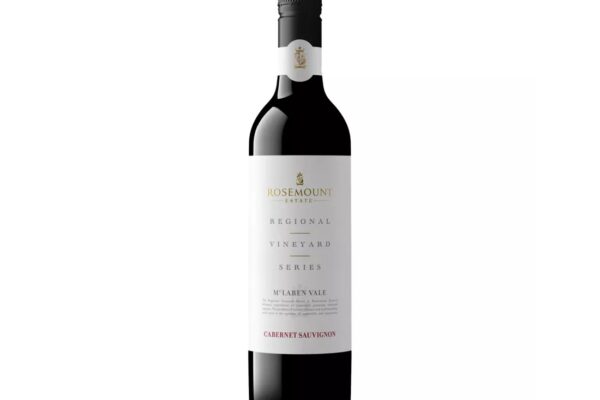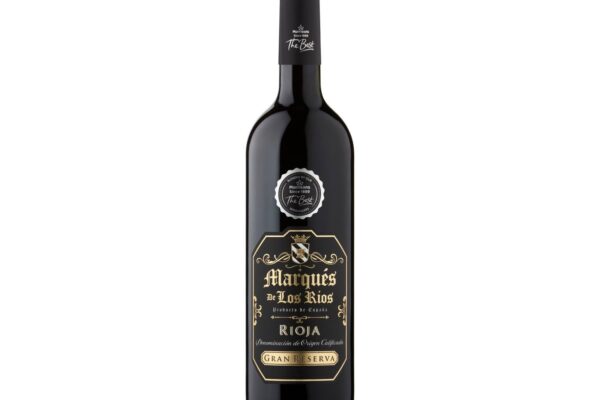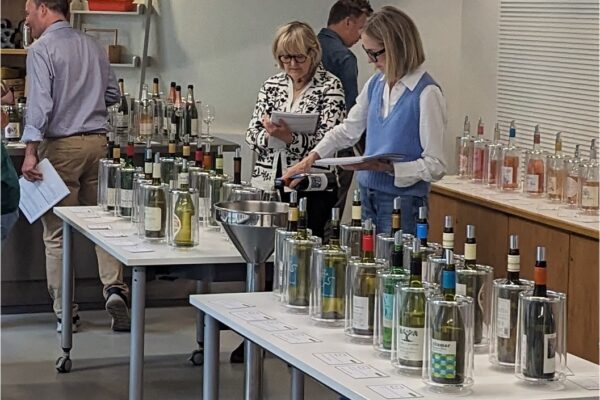
Wine Business Monthly has an in-depth piece by Felicity Carter on How Neo-Prohibitionists Came to Shape Alcohol Policy. In January 2023, the World Health Organization (WHO) made a startling declaration, stating that there is ‘no safe level’ of alcohol consumption, thereby placing light alcohol consumption under the spotlight as a significant public health concern.
This move aligned with the influence of temperance groups, which have managed to introduce abstinence-based policies into global health discussions. This phenomenon can be traced back to 2015 when dissatisfaction with the European Union’s lack of progress in developing effective alcohol policies led over 20 public health organisations to withdraw from the EU’s Alcohol and Health Forum, a platform for discussing ways to mitigate alcohol-related harm.
The WHO’s shift in stance was partly a result of its collaboration with several anti-alcohol organisations through initiatives like the SAFER policy suggestions launched in 2018. These groups, including Movendi International and the Global Alcohol Policy Alliance, have significantly influenced the WHO’s alcohol policy direction, emphasising the dangers of alcohol consumption and advocating for global action to reduce its consumption.
Movendi International, originally a temperance group established in the 19th century, has rebranded itself over the years but maintains a strong anti-alcohol stance. It, along with other similar organisations, has been accused of misrepresenting the alcohol industry and pushing for policies that overlook the cultural and artisanal aspects of alcohol production, particularly wine.
The narrative of ‘no safe level’ of alcohol consumption is gaining momentum, supported by significant funding and advocacy efforts. This has led to a growing perception among the public that any level of drinking is harmful. The European wine industry and other stakeholders argue that this one-size-fits-all message oversimplifies the complex science of alcohol consumption and its effects on health. They advocate for a more nuanced discussion that includes the role of moderate drinking within healthy lifestyles, like the Mediterranean diet, and the cultural significance of wine.
As global health policies increasingly reflect the influence of temperance organisations, questions arise about the balance between public health interests and cultural, economic and personal freedom. This shift prompts a broader conversation about the role and impact of such groups in shaping public health policy and the implications for consumers and industries worldwide.















